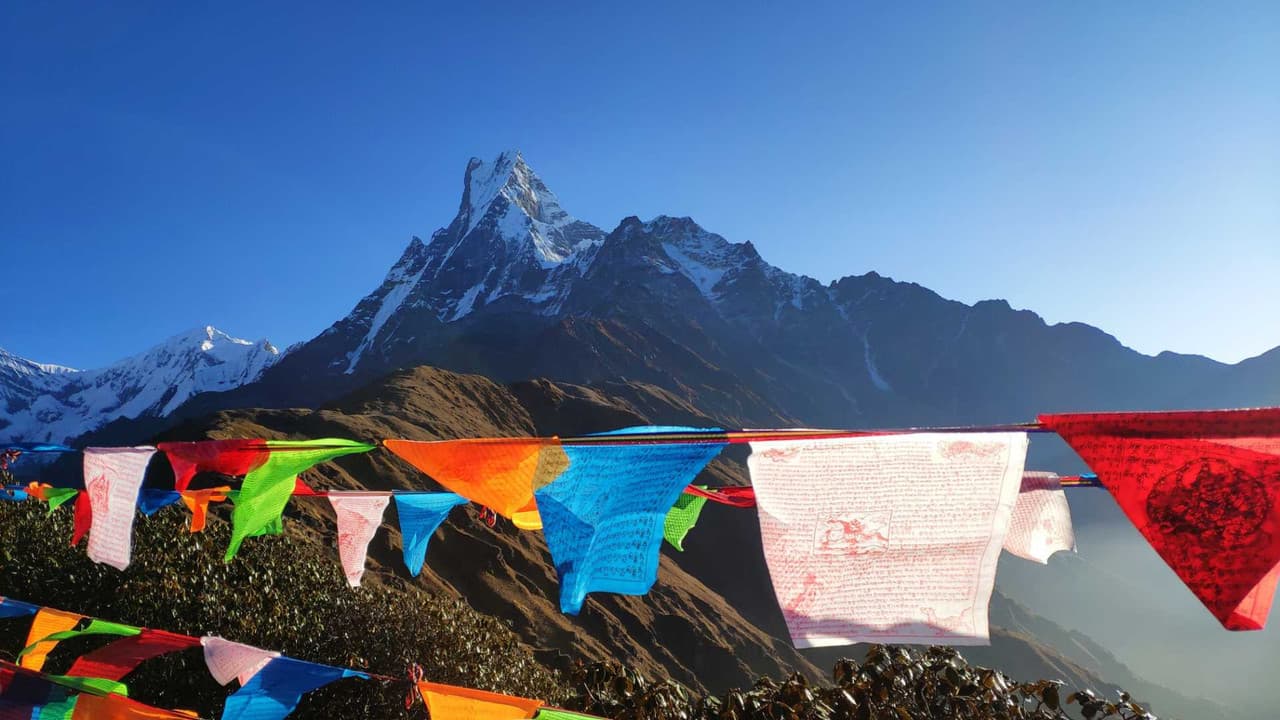Navigating labor regulations is essential for businesses operating in Nepal, particularly concerning working hours and employee compensation. The country's labor laws establish clear guidelines to ensure fair treatment of employees, setting standards for the length of the workday and workweek, as well as rules for work performed beyond these standard limits. Understanding these regulations is crucial for maintaining compliance and fostering a productive work environment.
Compliance with Nepalese working time laws involves adhering to specific limits on daily and weekly hours, properly compensating employees for overtime, and providing mandatory rest periods. Employers must also be diligent in recording working hours to demonstrate compliance with these requirements. These regulations are designed to protect employee well-being while providing a framework for employment practices within the country.
Standard Working Hours and Workweek
In Nepal, the standard working day is set at eight hours. The standard workweek consists of six days, totaling a maximum of 48 hours per week. These limits apply to most employees across various sectors.
| Time Period | Maximum Standard Hours |
|---|---|
| Daily | 8 hours |
| Weekly | 48 hours |
The standard workweek typically runs from Sunday to Friday, with Saturday being the designated weekly rest day.
Overtime Regulations and Compensation
Work performed beyond the standard eight hours per day or 48 hours per week is considered overtime. There are limits on how much overtime an employee can work. An employee is generally permitted to work a maximum of four hours of overtime per day and a maximum of 24 hours of overtime per week. The total working hours, including overtime, should not exceed 12 hours in a day or 60 hours in a week.
Overtime work must be compensated at a rate higher than the employee's regular wage. The standard overtime rate is 1.5 times the employee's basic wage.
| Type of Work | Compensation Rate |
|---|---|
| Overtime | 1.5 x Basic Wage |
Employers are required to obtain the employee's consent before assigning overtime work, and proper records of all overtime hours worked and paid must be maintained.
Rest Periods and Breaks
Nepalese labor law mandates specific rest periods for employees during their workday and workweek. Employees are entitled to a mandatory break of at least half an hour after working continuously for five hours. If an employee works for more than six hours, the total break time should be at least one hour.
In addition to daily breaks, employees are entitled to a weekly rest day, which is typically Saturday. This ensures employees have adequate time for rest and recuperation each week.
| Type of Rest | Requirement |
|---|---|
| Daily Break | At least 30 minutes after 5 continuous hours |
| Daily Break | At least 1 hour for work over 6 hours |
| Weekly Rest | 1 full day (typically Saturday) |
Night Shift and Weekend Work Regulations
While Saturday is the standard weekly rest day, some industries require operations on weekends or during night hours. Work performed on the designated weekly rest day or during night shifts may have specific considerations, although the standard overtime rules and compensation rates generally apply if the work exceeds the standard daily or weekly hours. Specific sector-based regulations might provide additional provisions for such work.
Working Time Recording Obligations
Employers in Nepal have a legal obligation to maintain accurate records of the working hours of all employees. These records should clearly show the start and end times of work each day, including any overtime hours worked. Proper record-keeping is essential for demonstrating compliance with standard hour limits, overtime regulations, and rest period entitlements. These records must be accessible for inspection by labor authorities. Maintaining detailed and accurate time records is a fundamental requirement for employers to ensure transparency and compliance with Nepalese labor law.
Employ top talent in Nepal through our Employer of Record service
Book a call with our EOR experts to learn more about how we can help you in Nepal







Book a call with our EOR experts to learn more about how we can help you in Nepal.
Trusted by more than 1000 companies around the globe



